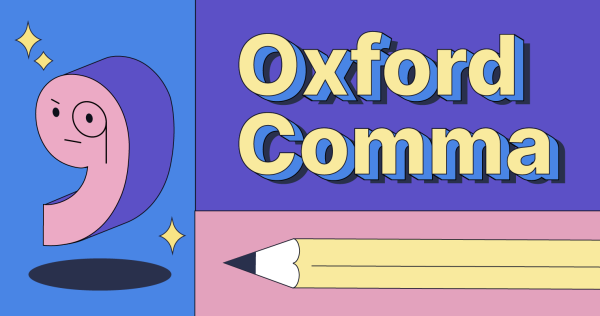What’s the big deal with free trade agreements?
Protests surrounding TPP, NAFTA and other trade deals have been increasing in frequency since Trump won the Republican primary in 2016.
Last year’s presidential campaign saw the topic of free trade and its global and domestic ramifications rise again.
Anti-free trade ideas, or protectionisms, have appealed to the general populace in a way they haven’t in recent years. In fact, President Donald Trump based a sizable portion of his campaign on protectionist rhetoric.
Trump used this populist message to appeal to those who have been legitimately disenfranchised by free trade agreements, like the North American Free Trade Agreement (NAFTA).
But how far-reaching is this disenfranchisement? Do the benefits of free trade outweigh the costs?
The short answer is yes. But free trade, in theory and practice, is much more complicated than either side lets on. First, one must define what free trade means.
Investopedia.com, one of the leading financial markets and economics websites, defines free trade as “the economic policy of not discriminating against imports from and exports to foreign jurisdictions.”
But the website goes on to address it in a modern context: “Free trade agreements (FTAs) do not necessarily abandon all control of taxation of imports and exports.”
In the modern context, free trade agreements are negotiations between countries determining tariffs on imports and exports, as well quotas for commodities.
NAFTA is a trade agreement between the United States, Mexico and Canada. This agreement, according to Business Insider, “Eliminates most tariffs … and get(s) rid of many trade barriers too.”
NAFTA makes it much easier for these countries to specialize in the production of certain goods and import without penalties those they don’t produce, thus driving prices down across the board for consumers.
But many, including Vermont Senator Bernie Sanders, oppose NAFTA.
Just before voting against NAFTA in 1993, Senator Sanders remarked, “NAFTA may be a good deal for the people who own our corporations, but it is a bad deal for American workers, for our family farmers, and it is bad for the environment.”
Senator Sanders’ concerns are misguided.
According to Business Insider, “The average worker had little effect … except a small minority of manufacturing workers.”
The Cato Institute points out, “Protectionism benefits producers over consumers; it favors big business over small business because the cost of protectionism is relatively small to a bigger company; and, it hurts lower-income more than higher income Americans because the former spend a higher proportion of their resources on imported goods.”
The less trade between countries is restricted and taxed, the more the lower-income Americans benefit. This goes right against the claims of Senators Sanders.
As a new protectionist presidency dawns on the horizon, citizens need to be informed of free trade’s benefits and minimal costs. Americans should embrace free trade and realize how it has made our country great.




